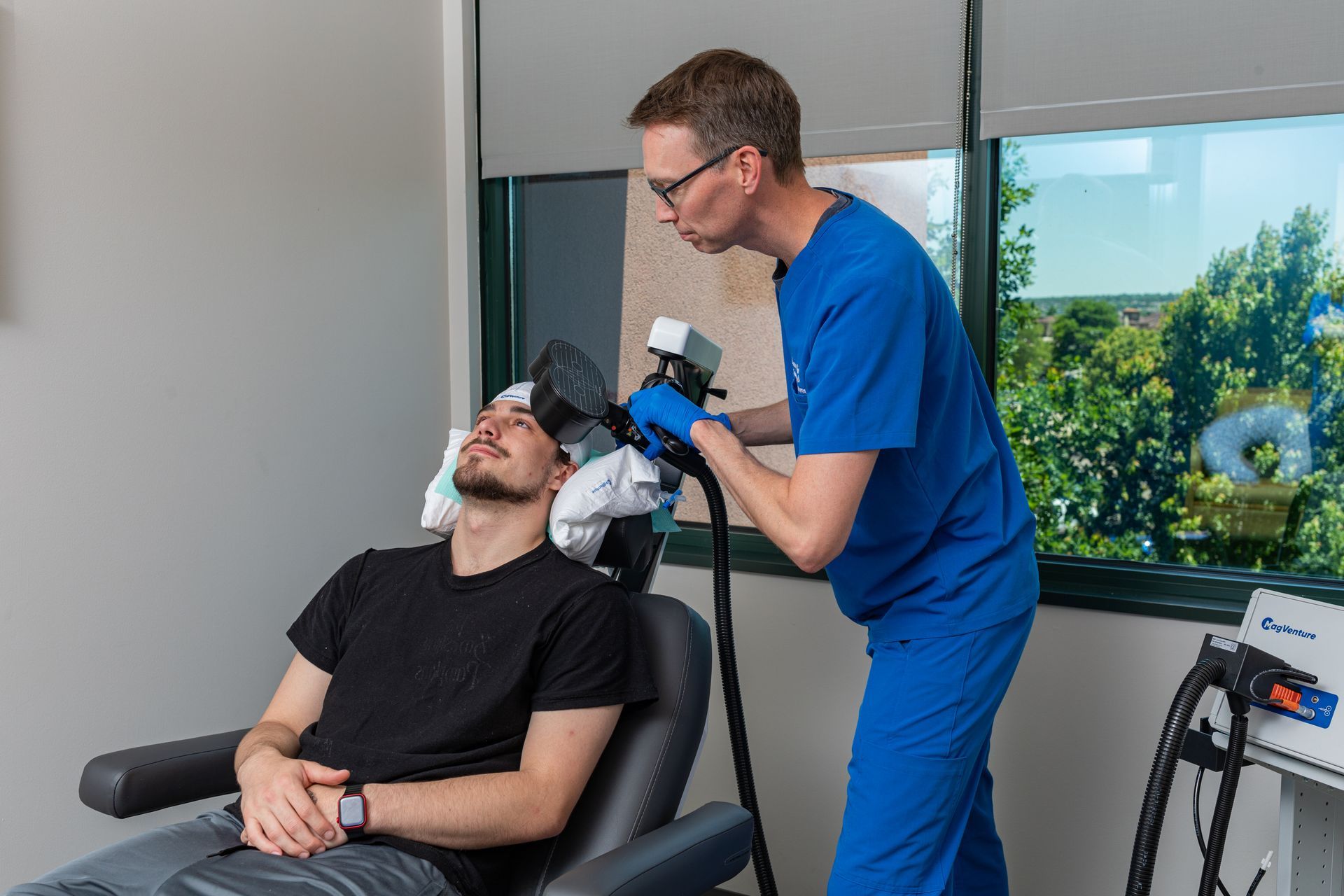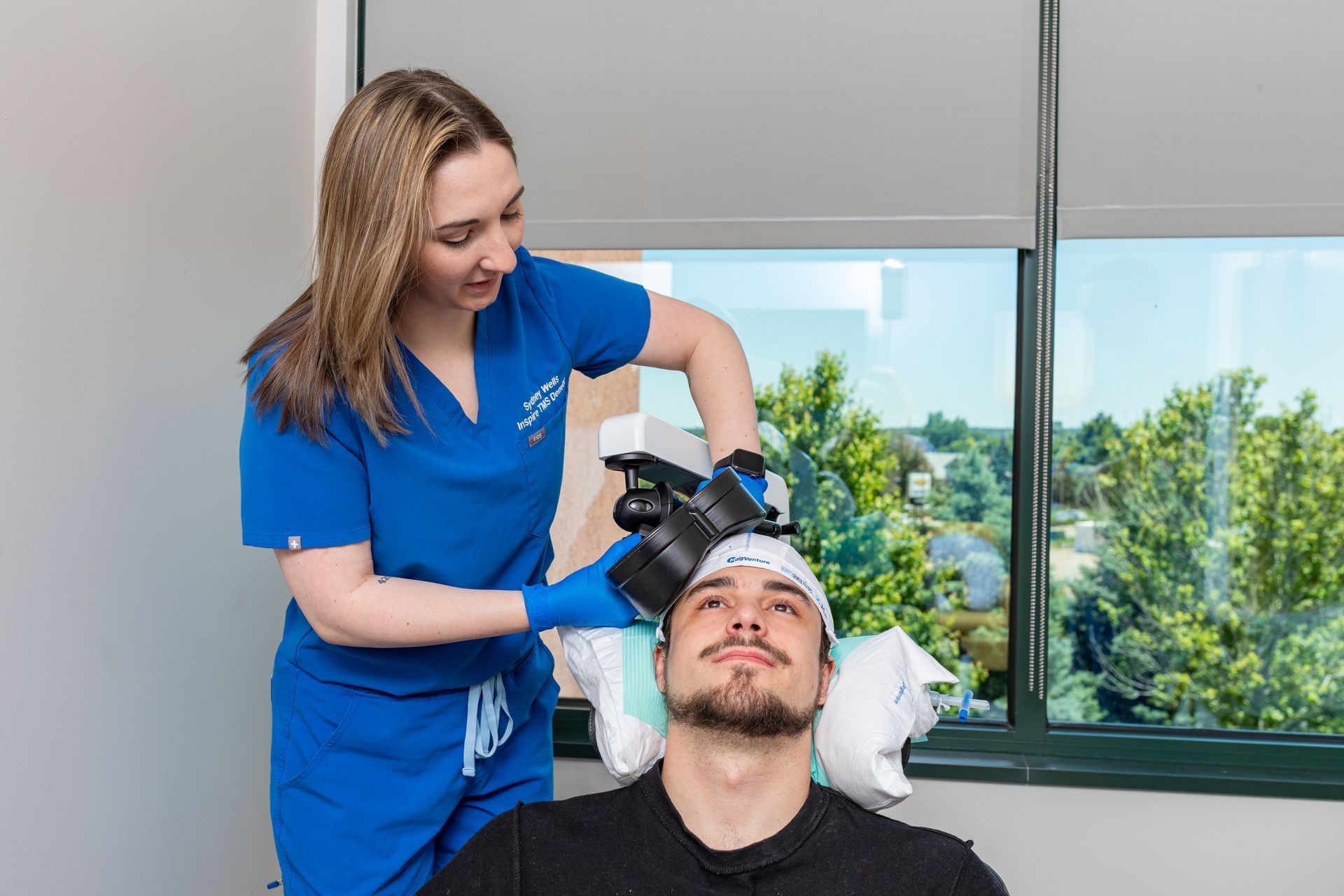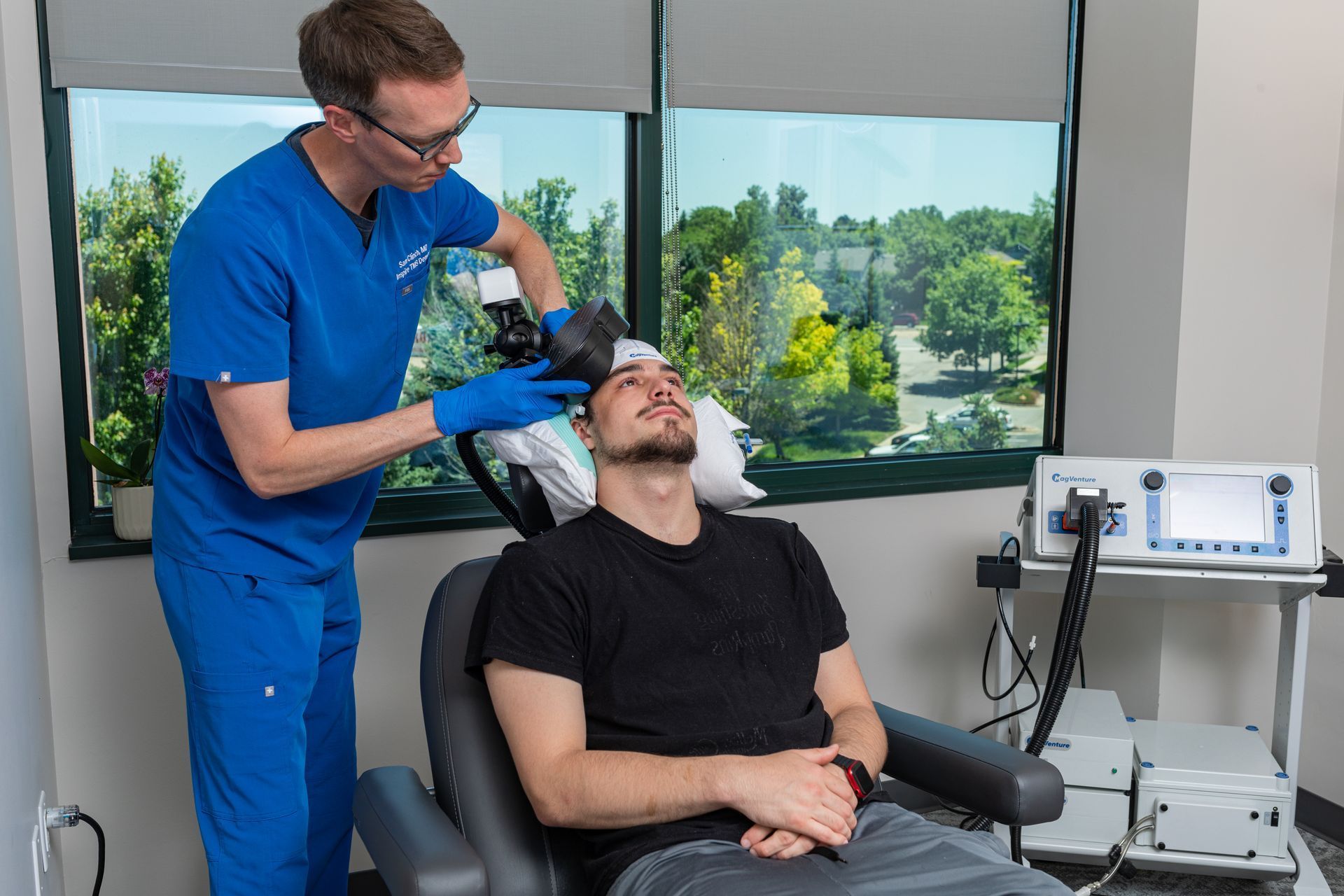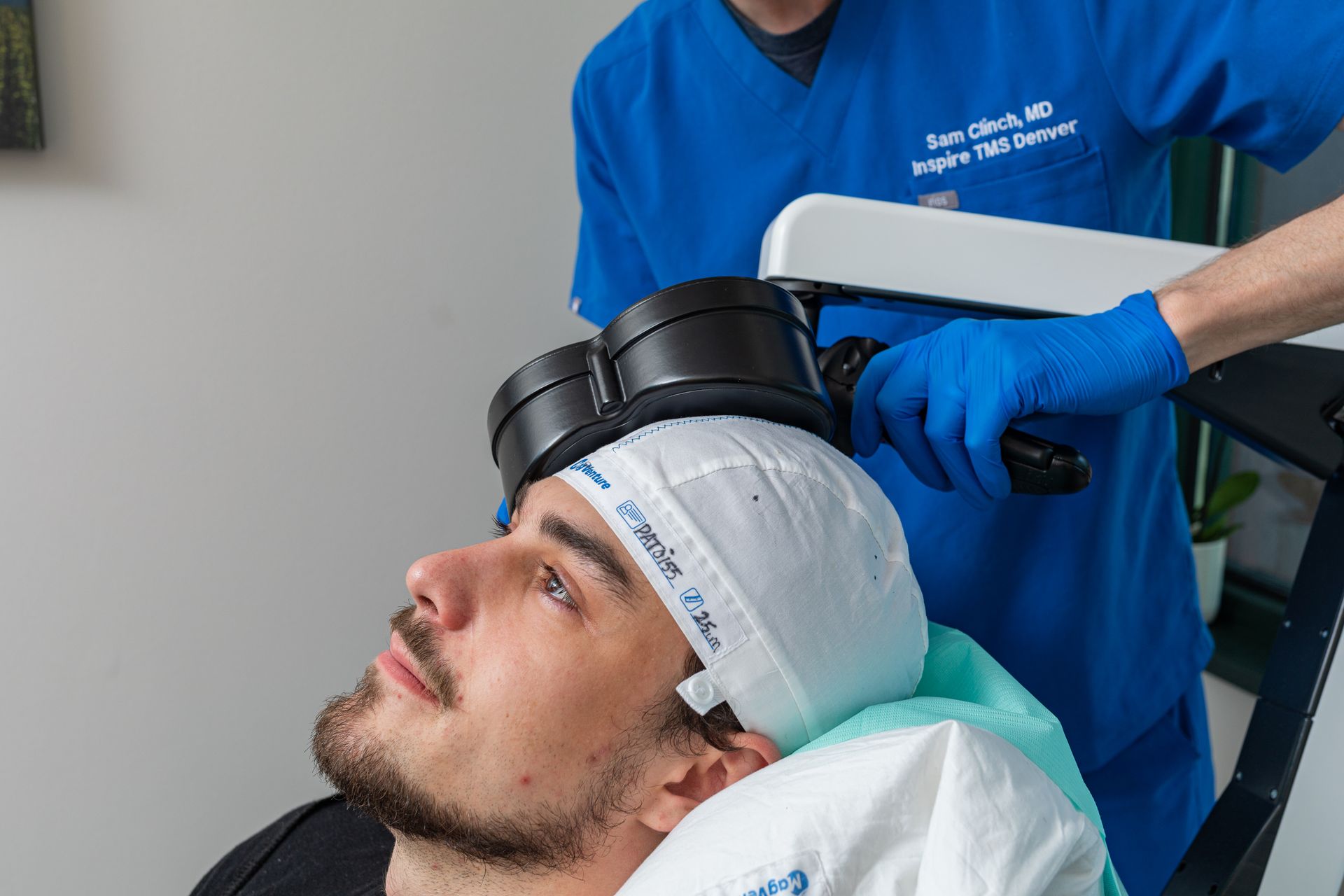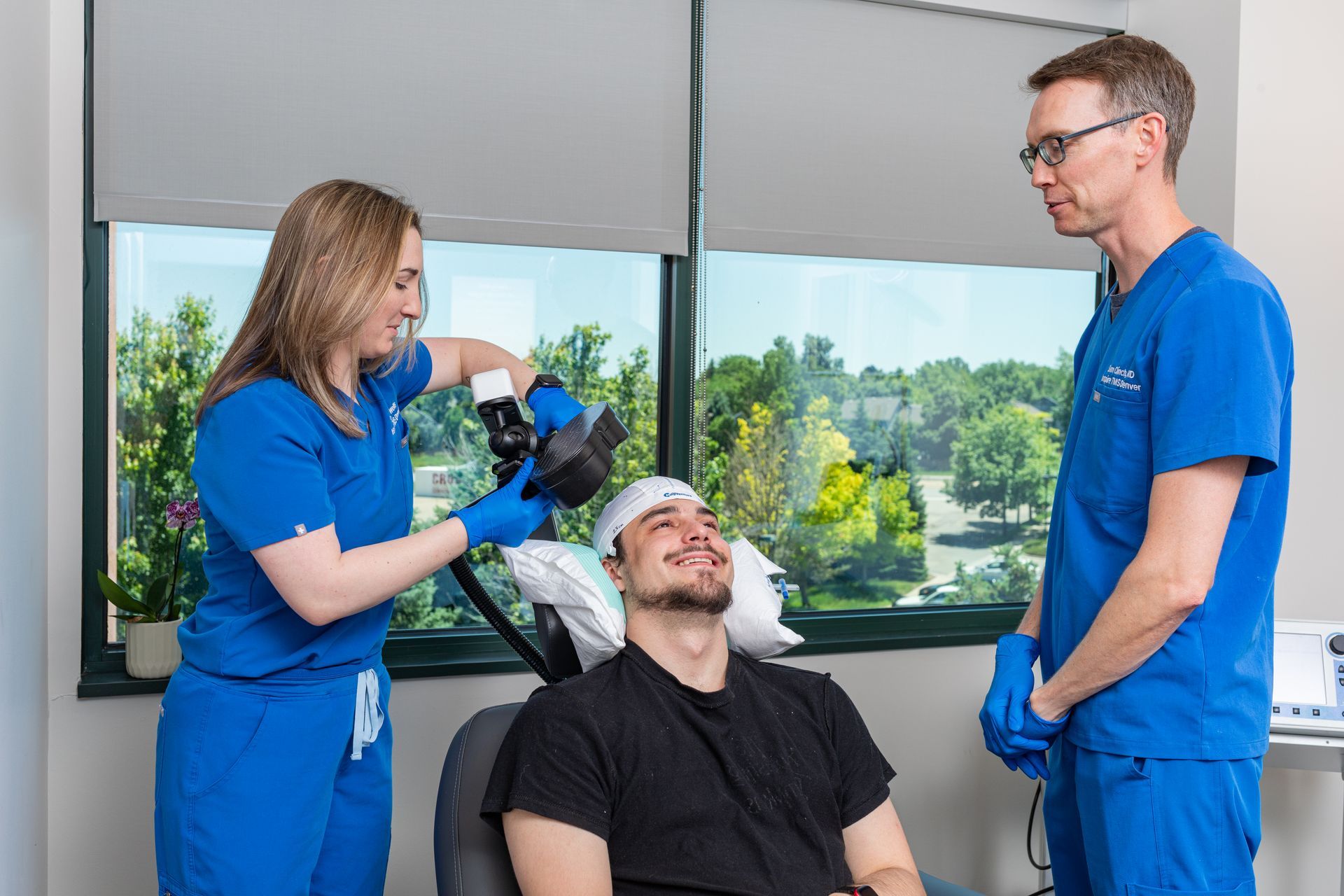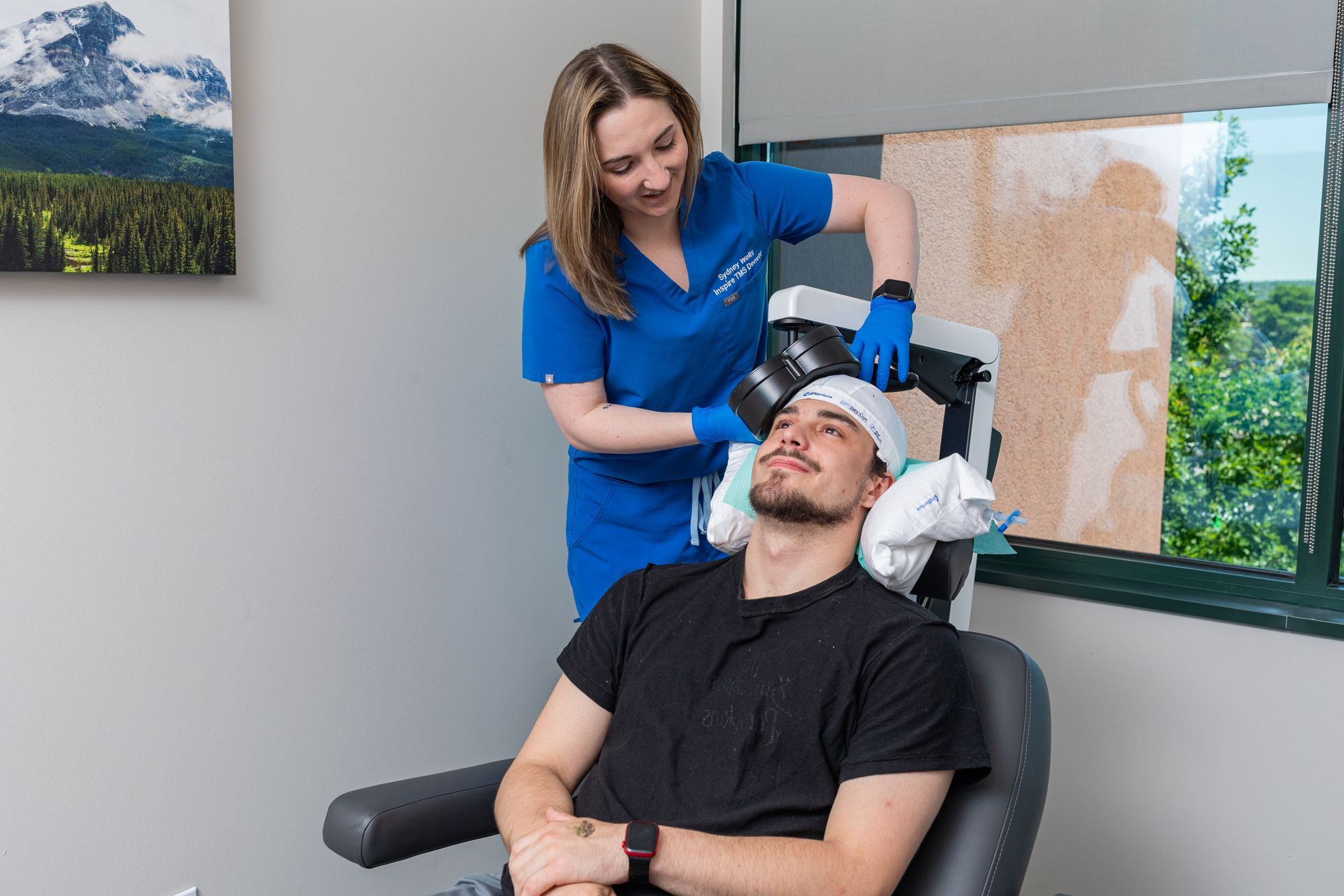How to Start TMS Therapy: From Referral to First Session

A step-by-step guide to beginning your TMS treatment journey at Inspire TMS Denver
If you’ve been considering Transcranial Magnetic Stimulation (TMS) but feel unsure about how to get started, you’re not alone. Whether you’ve already talked to a doctor or are just starting to explore your options, this guide will walk you through the exact steps - from referral to your very first session.
Step 1: Learn if TMS is Right for You
Start by understanding whether TMS is a good fit based on your symptoms and history. TMS is most often used to treat:
- Major depressive disorder (especially when medications haven’t worked)
- Anxiety disorders
- Obsessive-compulsive disorder (OCD)
- PTSD
- Bipolar depression (in some cases)
Take our “Is TMS Right for Me?” Quiz to get an instant indication of your eligibility. It’s quick, free, and can help you take that first step.

Not Sure If Insurance Covers TMS?
Get a personalized estimate - see if you qualify for insurance and what you’d pay without coverage.
Step 2: Schedule a Free 10–15 Minute Call With the Doctor
Once you’ve taken the quiz or browsed through our learning center, book a free consultation call with Dr. Sam Clinch. This brief call allows you to ask questions, share your concerns, and learn whether TMS might be a good next step for you.
Bonus: There’s no pressure to commit - this is simply a conversation to explore your options.
Step 3: Insurance and Referral Review
Depending on your insurance plan, you may need:
- A referral from your primary care doctor or therapist
- Documentation showing that you’ve tried antidepressants or other therapies
Don’t worry - our team handles the insurance verification process for you. We’ll collect the necessary paperwork and work directly with your provider to submit any pre-authorizations.
Use our Cost & Insurance Estimator to get a personalized estimate in minutes.
Step 4: Initial Psychiatric Evaluation
Before beginning treatment, we schedule a comprehensive evaluation with Dr. Clinch or another licensed provider. This assessment ensures:
- You’re medically and psychiatrically appropriate for TMS
- We select the right treatment protocol for your needs
- You have time to ask detailed questions about the treatment process
We’ll also go over:
- What to expect during a typical session
- The treatment schedule (standard or accelerated TMS)
- Common side effects
- How we’ll track your progress
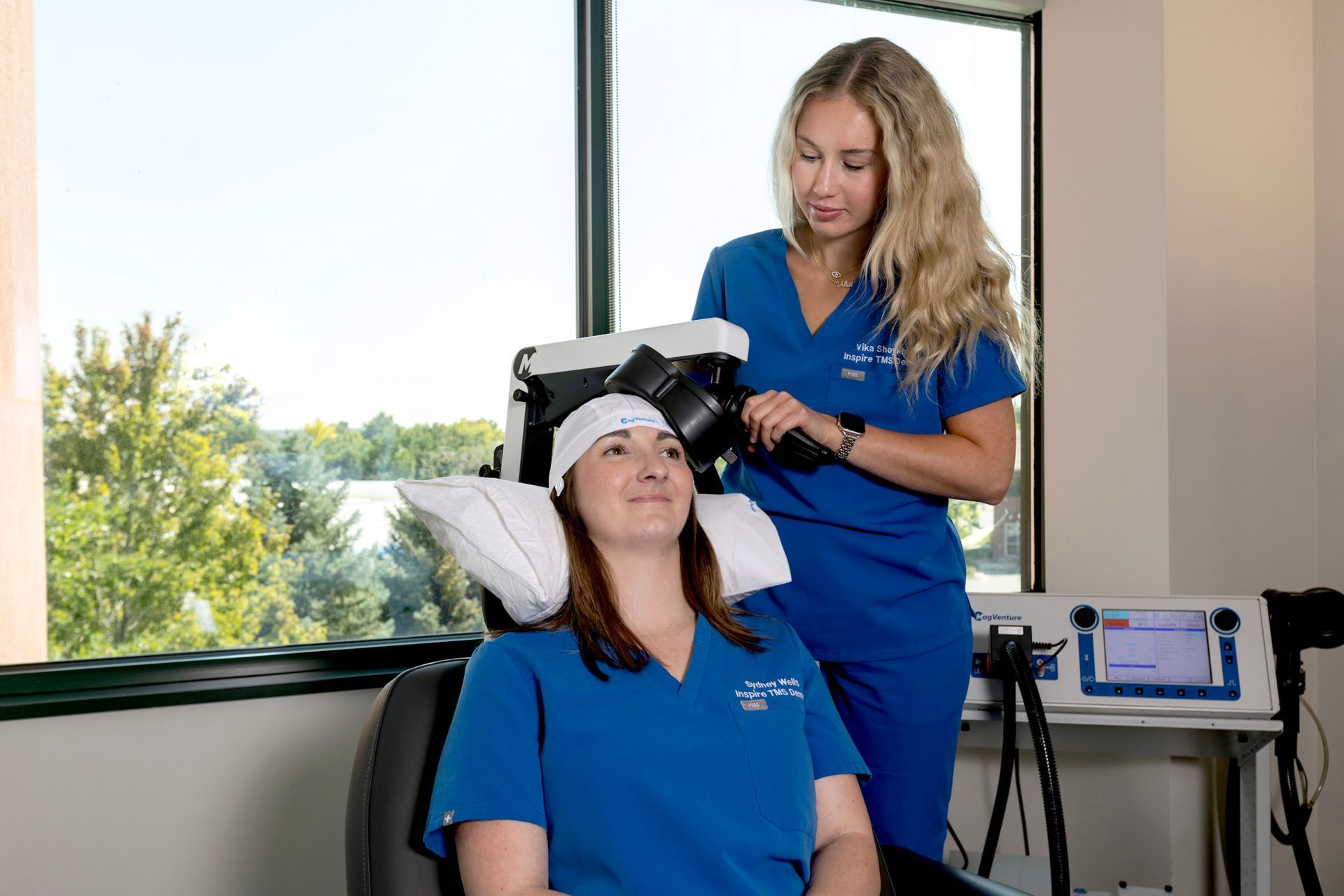
Step 5: Your First TMS Session
Once approved and scheduled, your first session will be both exciting and relaxed. Here’s what to expect:
- We’ll map the correct location on your scalp using your MRI or head measurements
- You’ll feel a series of light taps as the magnetic pulses begin
- Sessions typically last around 20–30 minutes
- There’s no downtime - you can drive yourself home
Most patients receive treatment 5 days a week for several weeks, depending on the protocol.

Download Your Roadmap to TMS
Want a clear picture of what to expect?
Download the TMS Treatment Roadmap by Sydney
Final Thoughts
Starting TMS therapy might feel overwhelming, but it doesn’t have to be. At Inspire TMS Denver, we’ve helped hundreds of patients take this step with clarity and confidence. From helping you with insurance to personalizing your treatment plan - we’re with you every step of the way.
Ready to take the first step? Book a free 10-minute call or take the quiz now.
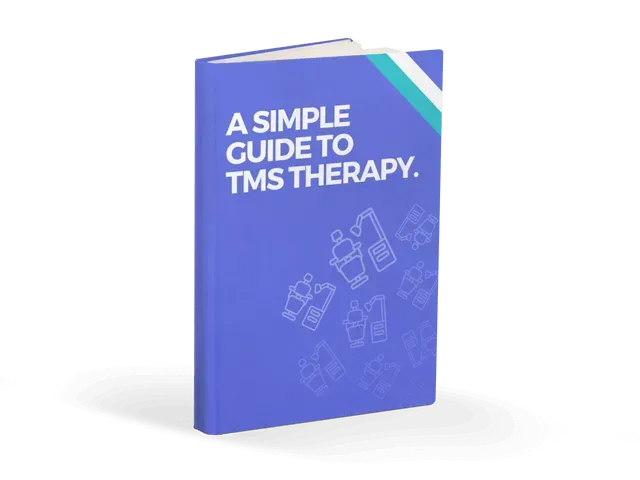
Every Question Answered
Want to know more about TMS? Check out this in-depth guide to TMS therapy with transparent and easy to understand explanations about TMS processes, protocols, and treated conditions.
Latest Posts
